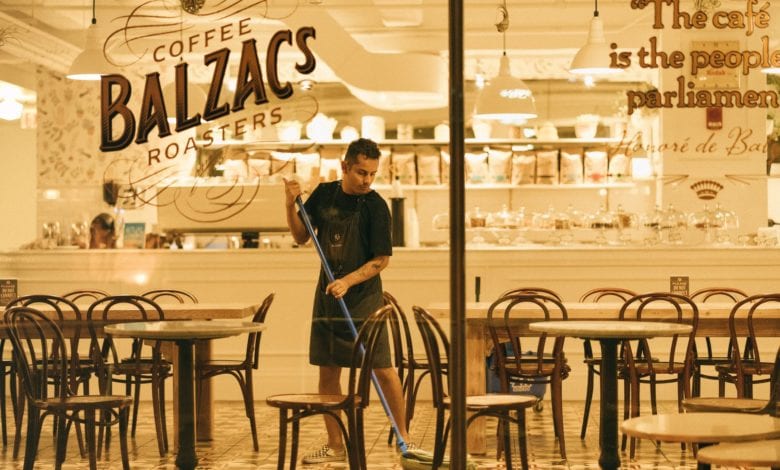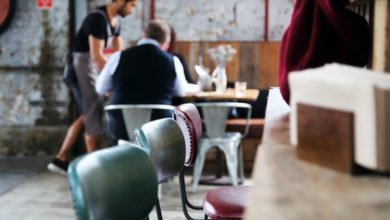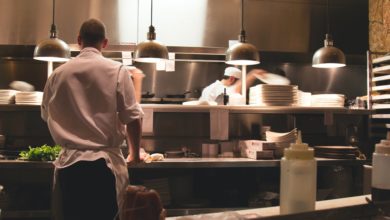Guide on food safety and sanitation in the time of COVID-19

Now more than ever, food and beverage businesses should take extra precautions on how they prepare, handle, and deliver their products to their customers. They should follow the health and safety protocols set forth by the Department of Health and Social Care of the UK and the World Health Organisation.







